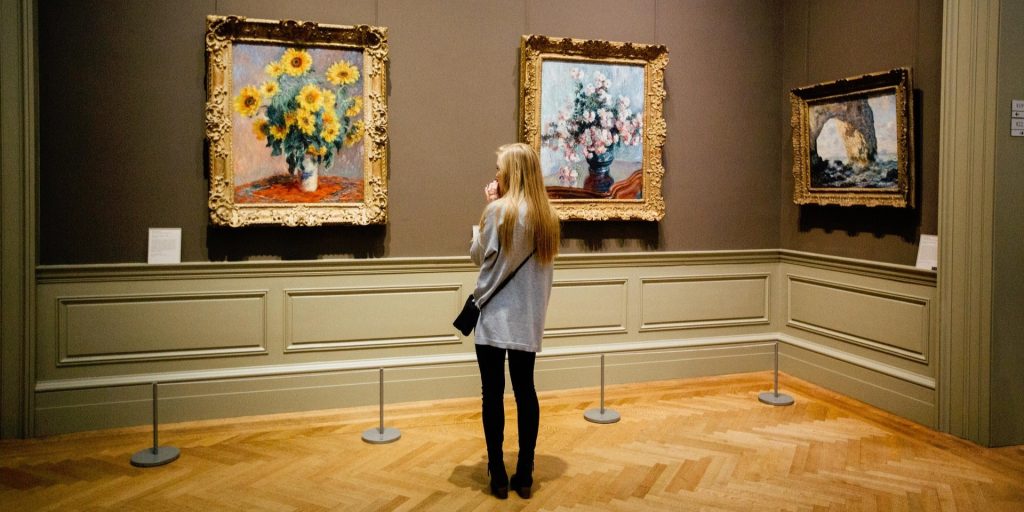Study Reveals Lasting Impact of Art on Reducing Prejudice.
Others are reading now
Can art change how we view the world, and more importantly, how we treat others?
A recent study from the University of Vienna suggests that it can.
The research found that experiencing art in a museum setting not only reduces xenophobic attitudes but also increases empathy and compassion, with effects lasting up to a week.
Also read
Art’s Impact on Social Attitudes
The study was published in the journal Psychology of Aesthetics, Creativity, and the Arts.
It explored how visiting art exhibitions could influence people’s attitudes toward immigrants.
Conducted in collaboration with the Dom Museum Vienna, the study centered on the exhibition Show Me Your Wound, which delves into themes of vulnerability and human suffering.
Researchers conducted two tests to measure the exhibition’s impact on visitors.
In the first test, 41 participants were surveyed about their attitudes toward immigrants and their levels of empathy both before and after their visit.
The results were telling: after the visit, participants exhibited greater acceptance of immigrants and reduced xenophobia.
To understand the longevity of these attitude changes, a second group of 41 participants was surveyed via a mobile app, tracking their thoughts and behaviors for a week before and after their visit.
This follow-up study revealed that the positive effects of the exhibition were not fleeting.
Participants reported feeling more socially conscious and empathetic, with these changes influencing their actions for days afterward.
Art as a Tool for Social Change
“Our study supports the idea that exhibitions are a reliable tool for shedding light on social issues,” said Matthew Pelowski, the lead author from the University of Vienna’s Faculty of Psychology, in a press release.
Pelowski emphasized that art’s role in society is evolving, with growing recognition of its potential to foster health, learning, and social well-being beyond mere entertainment.
The findings come at a time when art is increasingly being leveraged to address pressing societal issues.
The study’s relevance is highlighted by its connection to the current Venice Biennale, themed Foreigners Everywhere, which also focuses on immigration.
The University of Vienna team is planning a follow-up study.
This time, the focus will be on the Dom Museum’s current exhibition, Being Mortal, which explores themes of mortality and the human experience of death.
The upcoming research will examine how this exhibition influences visitors’ thoughts about death and their broader existential perspectives.


